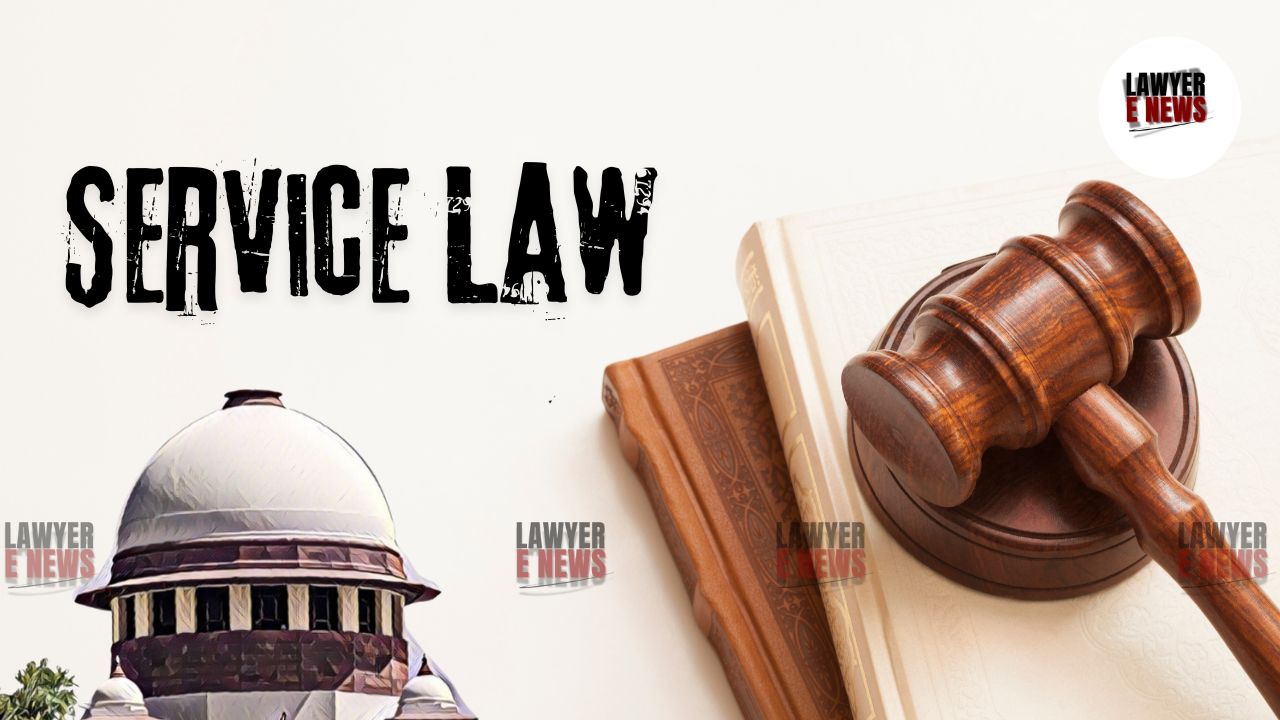-
by Admin
15 February 2026 5:35 AM



In a significant judgment, the Supreme Court of India has overturned the dismissal of a civil servant's appeal, emphasizing that judicial bodies should adopt a liberal approach towards condoning delays when sufficient cause is shown. The Court restored the appellant's service benefits and directed the Union of India to implement the order within three months, underscoring that negligence by legal counsel should not unduly prejudice a litigant's rights.
The appellant, Mool Chandra, a former officer of the Indian Statistical Services, faced disciplinary action in 1997 following a complaint by his wife alleging desertion. Despite his wife's later withdrawal of the complaint, he was dismissed from service in 2000 based on an inquiry that found him guilty of neglecting his family, though not of living with another woman. After the Central Administrative Tribunal (CAT) initially quashed the dismissal, reducing the penalty to a stoppage of increment, the appellant sought further relief for promotion and other benefits. His petitions, however, were delayed, leading the Tribunal and the Delhi High Court to dismiss them on grounds of delay.
The Supreme Court criticized the lower courts' strict approach towards the delay in filing appeals. It reiterated the principle that "sufficient cause" for delay should be interpreted liberally, particularly when a litigant's delay results from counsel's error or oversight. The Court highlighted that the appellant acted promptly upon learning of his counsel's unilateral withdrawal of a key petition, which should have warranted a more lenient view by the Tribunal and the High Court.
The bench comprising Justices Aravind Kumar and Sandeep Mehta pointed out that the appellant should not suffer due to the "mistake or the conduct of the counsel." It underscored that there was no signed memo from the appellant authorizing the withdrawal of his earlier application, suggesting that the appellant was unaware of the counsel's actions, thus justifying the delay in filing subsequent appeals.
The Court also addressed the merits of the case, noting that the complainant (the appellant's wife) had withdrawn her allegations, and no substantial evidence was presented against the appellant during the inquiry. Given the appellant's advanced age of 68 years and the lack of evidence to sustain the charges, the Court found it inequitable to deny the appellant his service benefits.
The Supreme Court's judgment serves as a critical reminder to judicial bodies to balance legal formalities with considerations of fairness and justice. By setting aside the orders of the lower courts, the Supreme Court reinforced the principle that procedural lapses should not override substantive justice, particularly when they result from circumstances beyond a litigant's control. The ruling is expected to influence how future cases involving delays are handled, especially in situations where counsel's actions have prejudiced a party's rights.
Date of Decision: August 5, 2024.
Mool Chandra v. Union of India & Anr.
